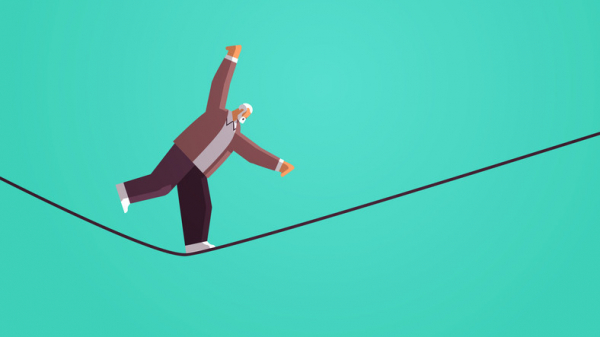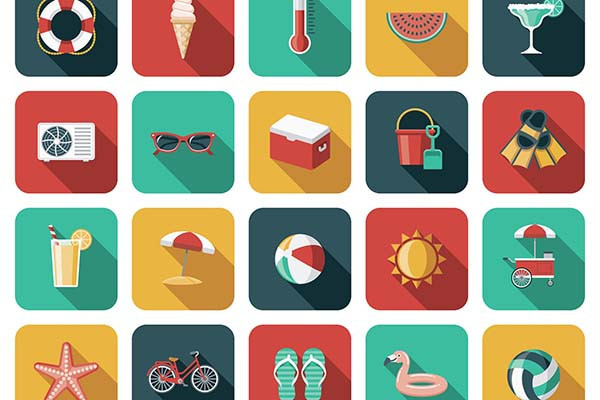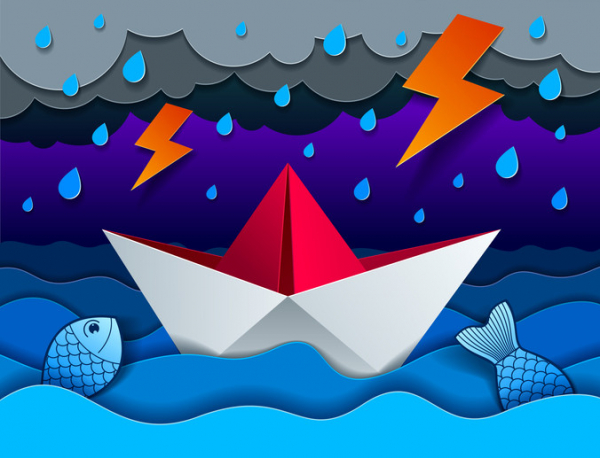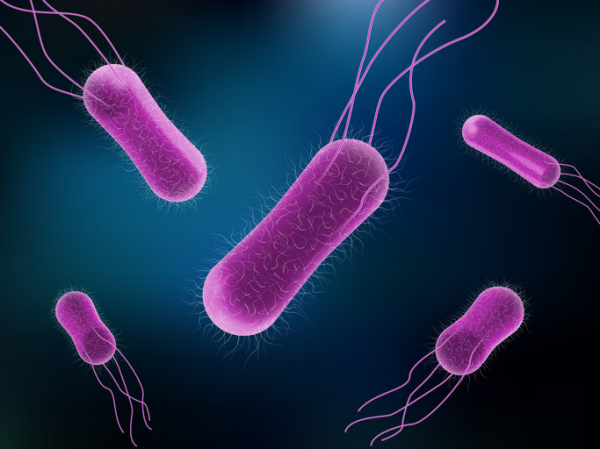Author: skdihr

Health care should improve your health, right?
skdihr
- 0
It’s undeniable: modern medicine offers ever-expanding ways to heal and prevent disease. But it’s also true that health care can cause harm. One analysis found that about 6% of health care encounters caused preventable harm, leading to thousands of deaths each year. And it’s not just errors that cause trouble. Highly skilled health care providers…
Explore More
5 great tips for sustainable summer living
skdihr
- 0
Sustainable living treads lightly on natural resources and follows a rethink, reuse, repurpose mantra to minimize waste. Big and small wallet-friendly tips can help you save money and befriend our planet this summer, says Dr. Wynne Armand, a primary care physician at Harvard-affiliated Massachusetts General Hospital, and associate director of the Mass General Center for…
Explore More
Life can be challenging: Build your own resilience plan
skdihr
- 0
Nantucket, a beautiful, 14-mile-long island off the coast of Massachusetts, has a 40-point resiliency plan to help withstand the buffeting seas surrounding it as climate change takes a toll. Perhaps we can all benefit from creating individual resilience plans to help handle the big and small issues that erode our sense of well-being. But what…
Explore More
Salmonella is sneaky: Watch out
skdihr
- 0
Pop quiz: what is Salmonella? If you’ve ever had a run-in with this bacteria, you know it can cause a food-borne illness called salmonellosis, a form of food poisoning. But you may not know that Salmonella bacteria sicken an estimated 1.35 million people and hospitalize 26,500 every year in the United States. What’s more, it…
Explore More
Ultra-processed foods? Just say no
skdihr
- 0
Americans love their ultra-processed foods, whether they come as cereal (like Cap’n Crunch, a favorite of mine as a kid), snack foods (like Cheetos), entr’es (like hot dogs), or desserts (like Twinkies). Sure, loading your plate with vegetables, fruits, fish, healthful oils, and grains in a Mediterranean-style diet boosts heart and brain health. But if…
Explore More
Shining light on night blindness
skdihr
- 0
Animals renowned for their outstanding night vision include owls, cats, tarsiers (a tiny primate in Southeast Asia) — and even the dung beetle. But humans? Not so much. Over time, many people suffer from night blindness, also known as nyctalopia. This condition makes seeing in dim or dark settings difficult because your eyes cannot adjust…
Explore More
Bugs are biting: Safety precautions for children
skdihr
- 0
If you spend time outdoors — which we all should do, for all sorts of reasons — you are likely to encounter biting bugs. Most of the time the bites are just a nuisance. But besides the fact that sometimes they can be painful or itchy, bug bites can lead to illness — like Lyme…
Explore More
Ever read your medical record? Here’s why you should
skdihr
- 0
Do you ever read the notes written by your doctor or health practitioner during a medical visit? If not, you might want to check them out. Usually, these medical notes are full of helpful insights about your health and reminders of recommendations discussed. And there’s medicalese, of course: hard-to-pronounce illnesses, medications, and technical terms. But…
Explore More
Swimming lessons save lives: What parents should know
skdihr
- 0
Before going any further, here’s the main thing parents should know about swimming lessons: all children should have them. Every year, over 4,500 people die from drowning in the United States — and, in fact, drowning is the leading cause of death for children ages 1 to 4. Swimming lessons can’t prevent all of those…
Explore More
Orienteering: Great exercise and better thinking skills?
skdihr
- 0
Picture this: you’re with friends in an unfamiliar forest using only a map and a compass to guide you to an upcoming checkpoint. There are no cell phones or GPS gadgets to help, just good old brainpower fueled by a sense of adventure as you wind through leafy trees and dappled sunlight. This is not…
Explore More